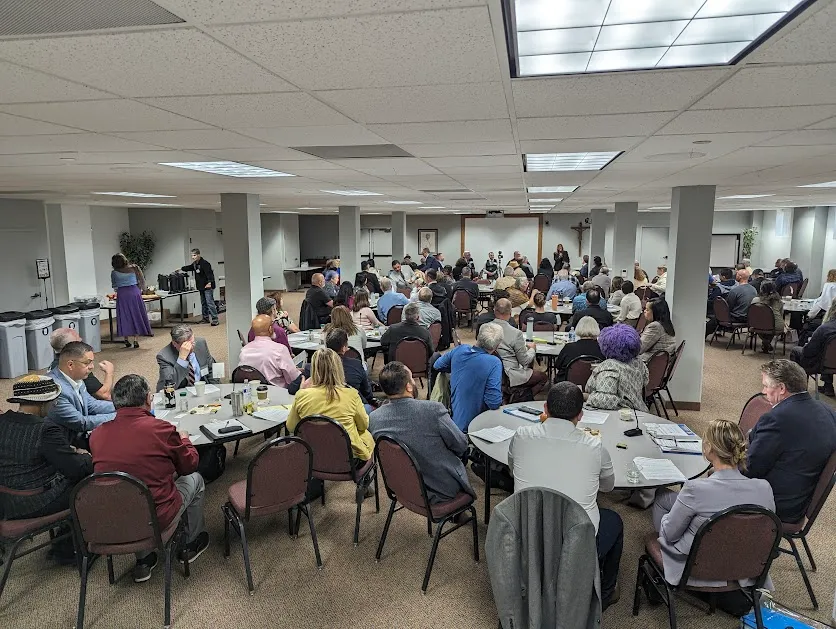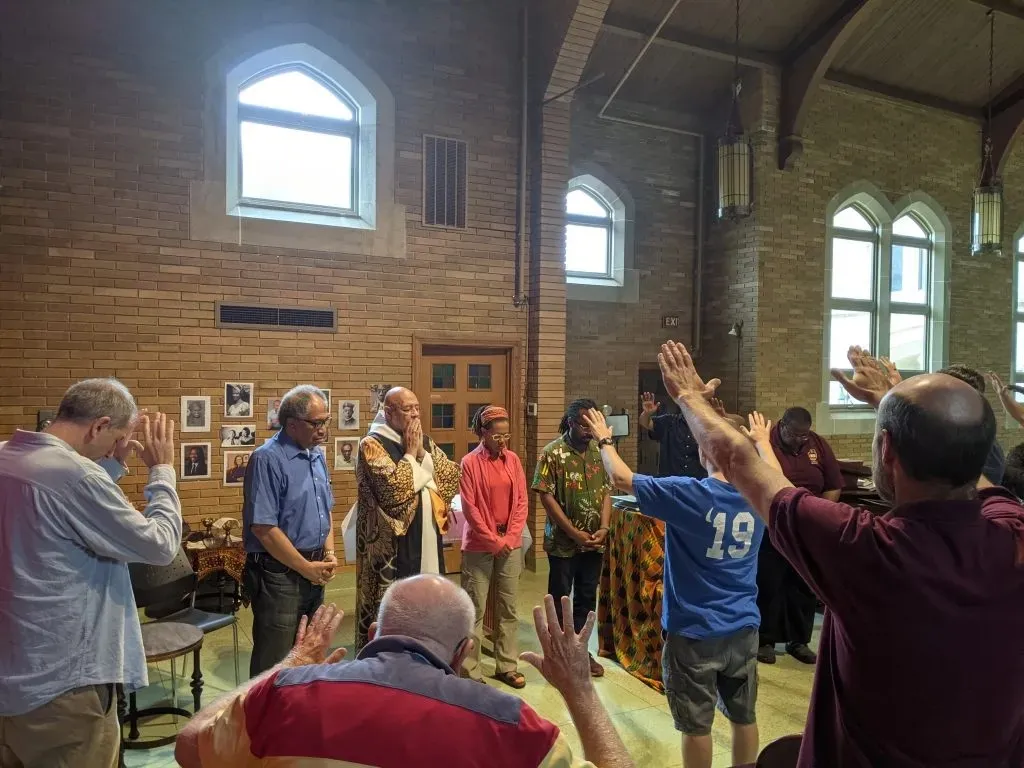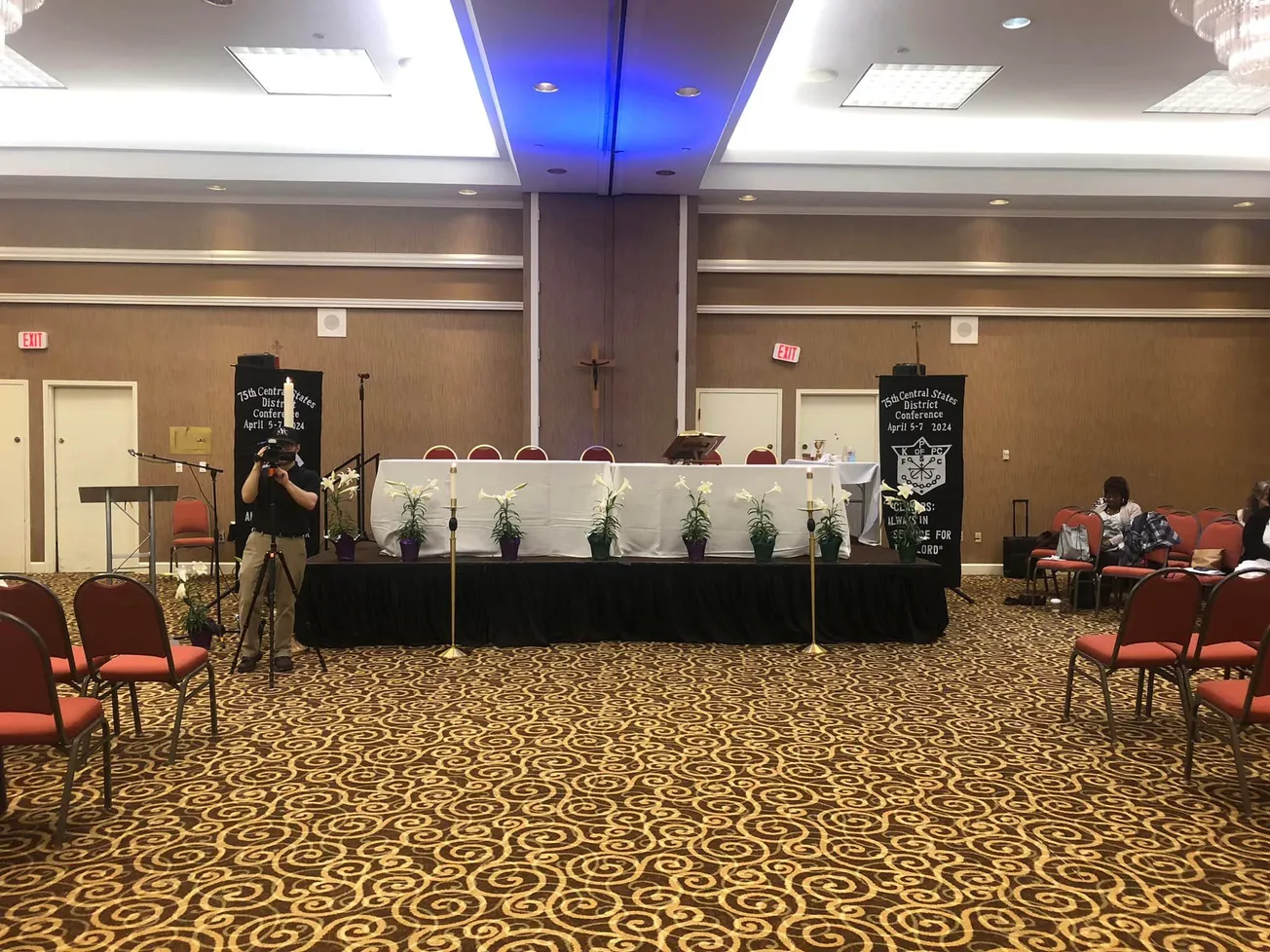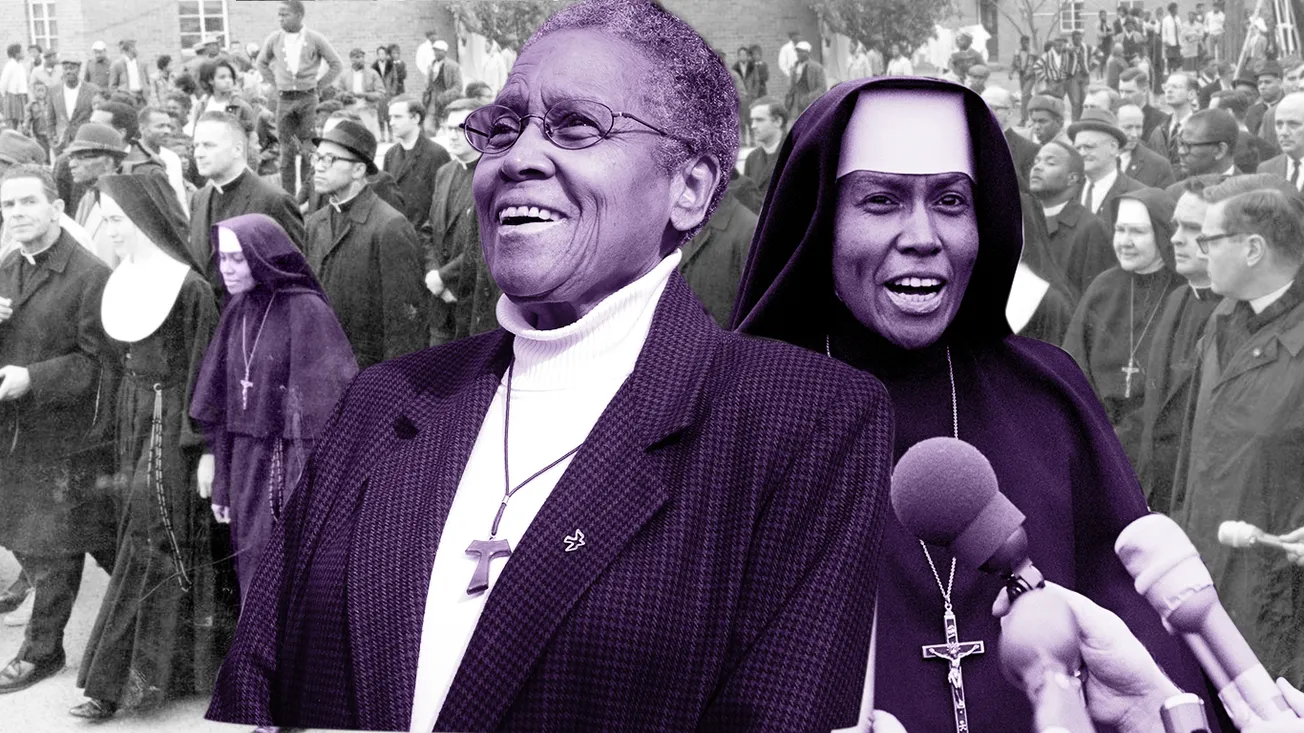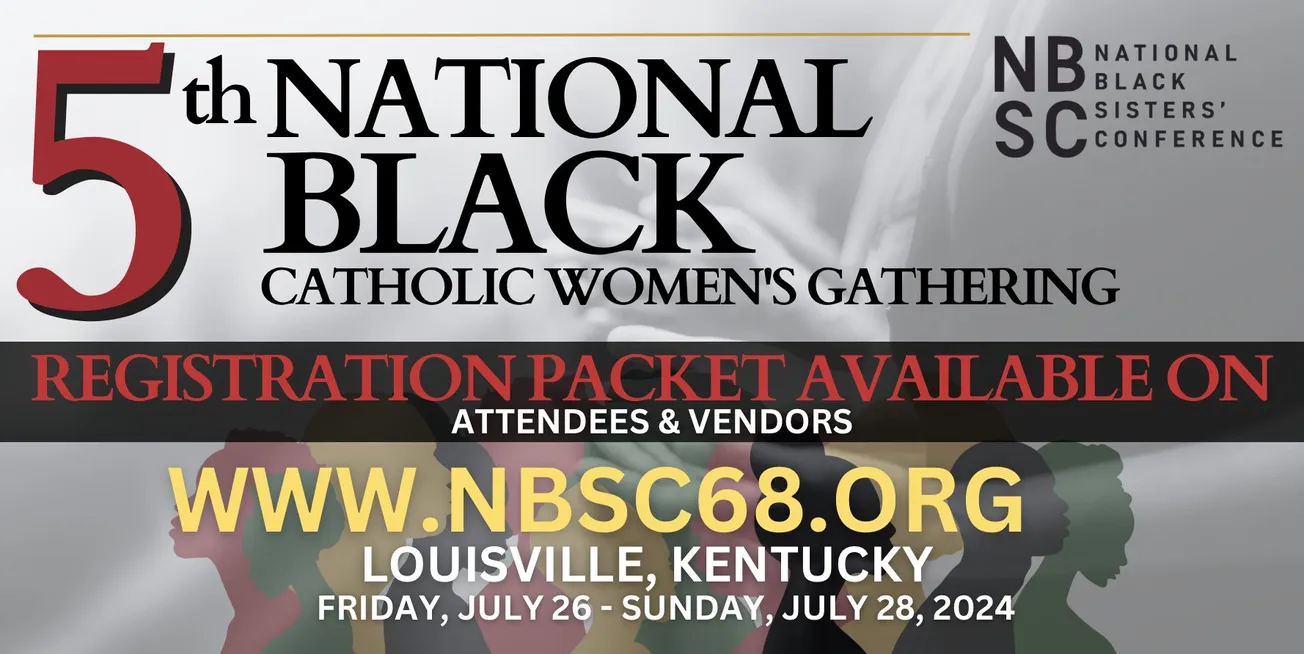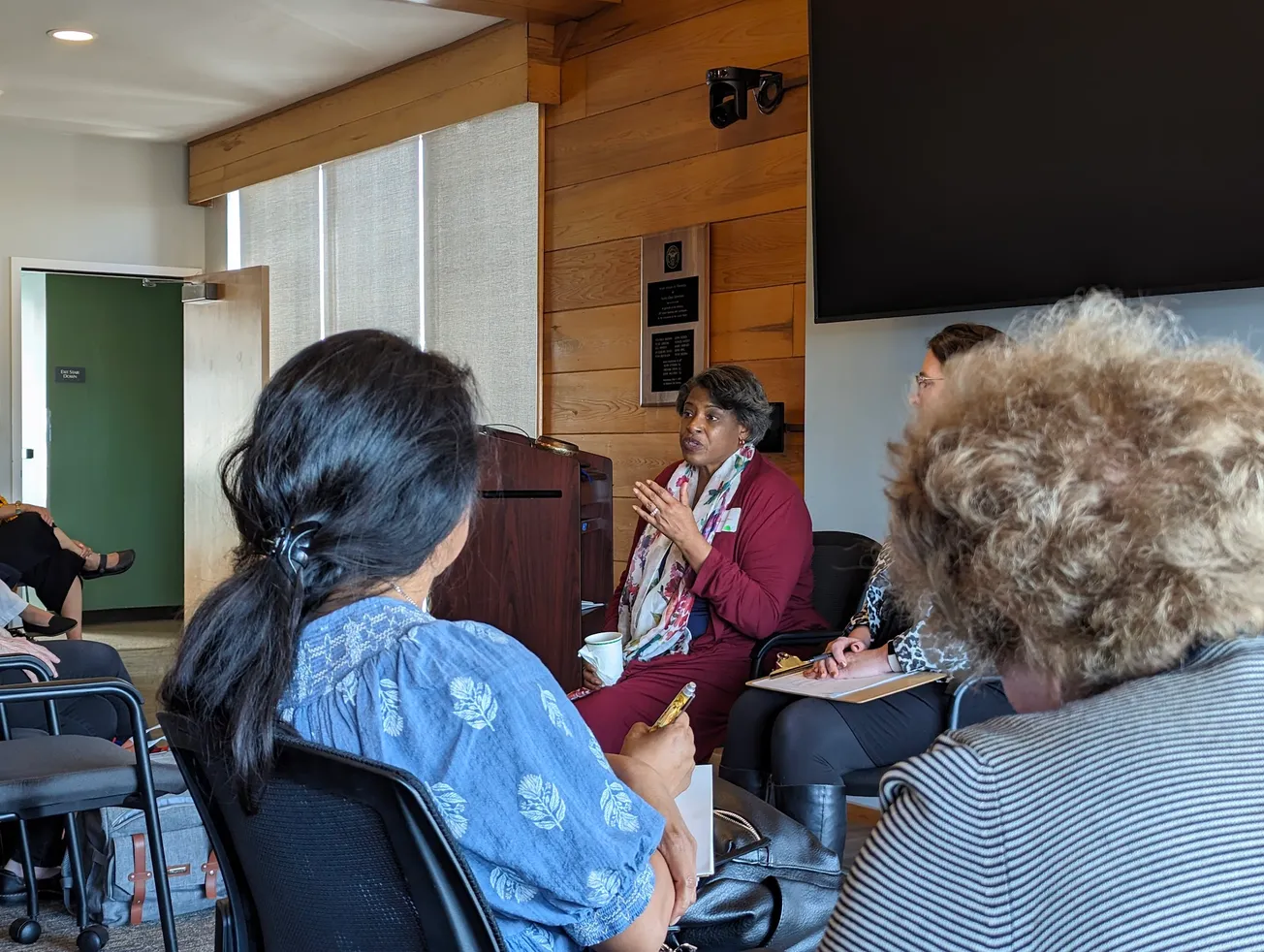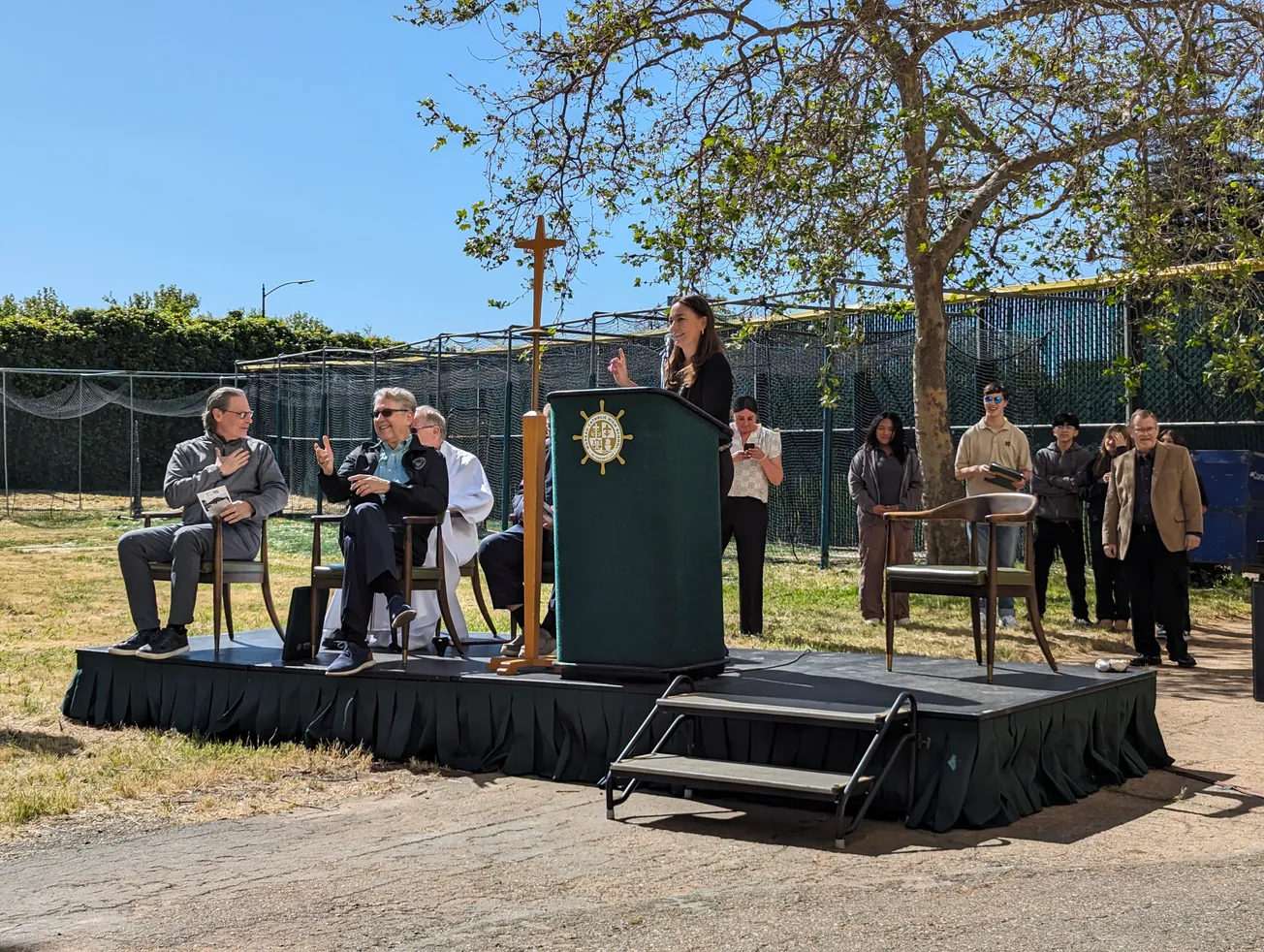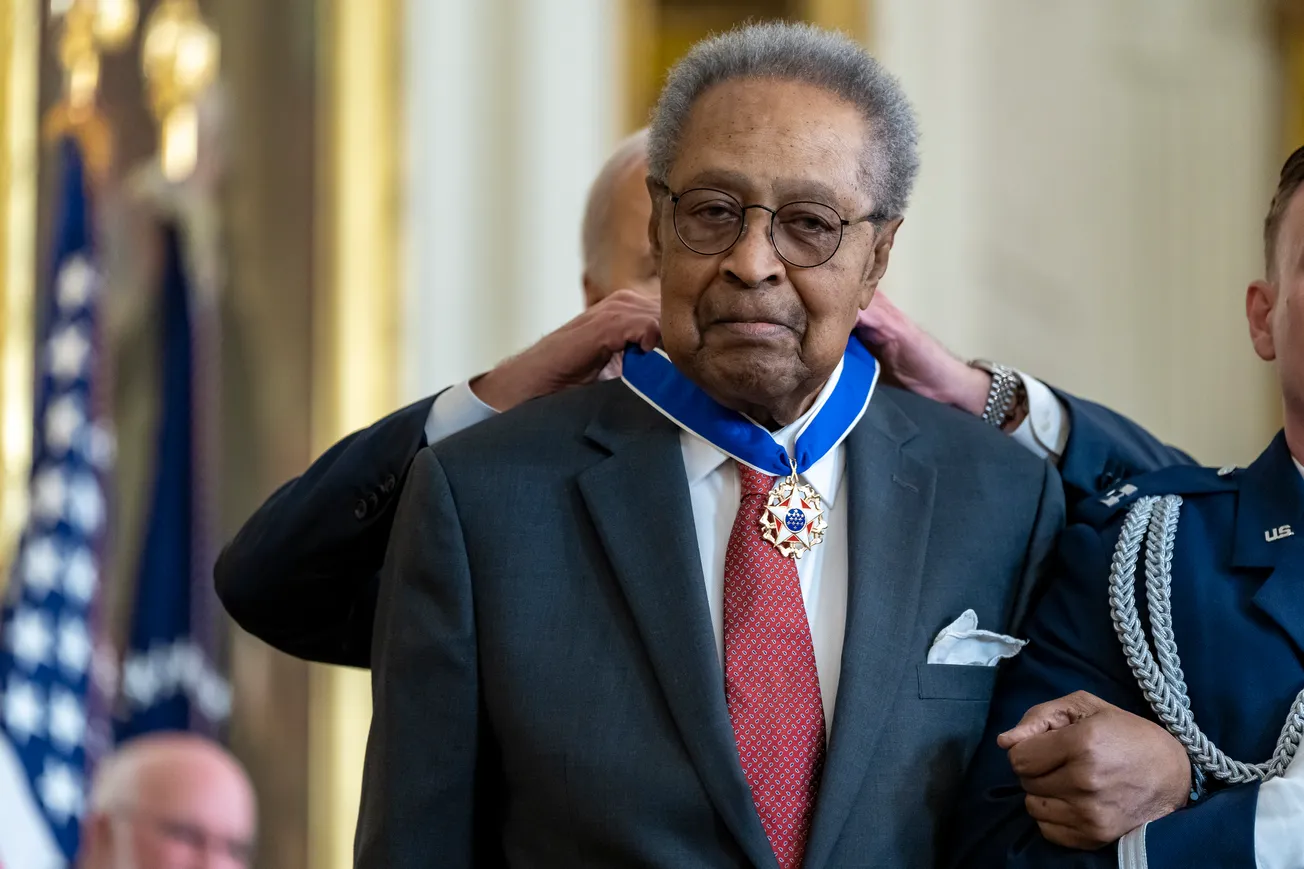SAN DIEGO — “I wasn’t supposed to be here.”
The words echoed from the lips of L’Tomay Varlack-Butler on Friday morning in San Diego, where she spoke on her personal experience of second chances as a survivor of violence. The venue was a unique restorative justice conference sponsored by the Diocese of San Diego.
“Journeying with Hope: A Day of Dialogue” brought from around the state more than a hundred practitioners, formerly incarcerated persons, bishops, and other ministers—with some of the roles and identities overlapping in many cases.
Some, like one of the event organizers, Dr. Bobby Ehnow, experienced mercy in their experience with the criminal justice system. Others, like Varlack-Butler, have overcome trauma and work to restore hope to those in similar situations. It’s safe to say, though, that everyone present was committed to the work of “shifting the paradigm” of justice, as Sr Theresa Harpin, CSJ mentioned in the opening panel.
“There’s a ripple effect here,” she said, recounting a story of a man’s successful reentry her organization helped facilitate following incarceration. He later received an apology from the sentencing judge, who at the time of the trial had dehumanized the offender.
Similar stories peppered the one-day conference in Southern California, which also featured judges, law enforcement officers, and others involved in the governmental side of the criminal and restorative justice spaces. Also present were family members of those harmed or killed in violent crimes.
“My anger could lead to rage. My anger could lead to bitterness. My anger could lead to hatred. And these were all destinations I just did not want to be. And yet the criminal justice system was kind of feeding that,” said Trino Jimenez, who serves on the Crime Victims Advisory Board for the Los Angeles District Attorney’s Office. His brother was murdered in 1986.
“My message to all crime victims and survivors is that you have a right to be angry but you also have a right to heal.”

The theory of restorative justice is thought to originate with Indigenous people in North America and New Zealand, featuring an ideal that promotes social cohesion and healing of perpetrator and victim in response to interpersonal crime. The framework can seem foreign to many in the West, where the retributive model of punishment and ostracization most often reigns supreme.
After gaining traction in the late 20th century, however, restorative justice has been on the minds of many who work up close with the conventional criminal justice system, the flaws of which are increasingly on display. As voiced by many at the dialogue in San Diego, it could be said that people of faith—and especially Christians—are the most ripe for the model, which reflects an approach of Christlike mercy.
Ehnow, who served nearly three years in federal prison on charges of fraud and corruption, was present at the San Diego event with the man who sentenced him: U.S. District Judge Larry A. Burns, known as a hard-nosed figure often called in for tough cases in and around Southern California. (One example was the federal case against Jared Lee Loughner, who killed six and injured then-congresswoman Gabby Giffords in Tucson, Arizona, in 2011.)
At the conference, Burns—who referred to Ehnow as now “a friend”—admitted his “tough” reputation but spoke of the need to meaningfully integrate formerly incarcerated persons after they have served their time.
“A lot of times, the criminal justice system doesn't permit that,” he said. “It creates obstacles to people getting back into society and becoming good citizens again, being restored after that process.”
Some might imagine that in California, often seen as a progressive jurisdiction, things are different—be it progressive district attorneys or laws and policies aligned with a restorative framework. At the base level, however, basic roadblocks remain.
“It's still a very carceral state,” said Dr. Andrea Travers, an attendee who works with perpetrators of sexual violence and those accused of the same. In her field and beyond, she says, California is often beholden to the remnants of its “Three Strikes" era, which filled the state's prisons and jails to overflowing beginning in the late 20th century.
For those exiting incarceration, the faith angle is often paramount as a vital way to reconnect with society, their families, and their spirituality. Being accepted in the average faith congregation, however, is another story.
“We don't always do the best job with that,” said Ehnow, who faced varying challenges returning to his Catholic parish nearly nine years ago after serving his sentence.
Dialogue seems to be a place to start the conversation around safety tempered with compassion, and around the larger topic of reaching people on the margins. In that way, Friday's dialogue in San Diego reflected a theme taking shape in the Catholic Church on the issue of synodality. (Though it was not marketed as such, the dialogue was indeed referred to as a “synodal” event in directions upon arrival at the diocesan pastoral center where it was held.)

Just as at the National Catholic Conference on Restorative Justice last fall, “Journeying with Hope” featured circle discussions throughout the day, reflecting on the various panels and themes. Though we were not hundreds gathered in Rome with Pope Francis to roadmap a sustainable future for the Church, we were similarly gathered around common tables, from the greatest to the least, learning to listen and leaning into hope.
It was fitting that our silent companion, statued in the back of the room, was none other than St. Martin de Porres, the lowly Afro-Peruvian friar whose experience of marginalization was no match for his passion for others—regardless of their state in life.
Was this room, dedicated to the patron saint of social justice, chosen on purpose for the dialogue in San Diego? I simply have to think so.
Nate Tinner-Williams is co-founder and editor of Black Catholic Messenger.


